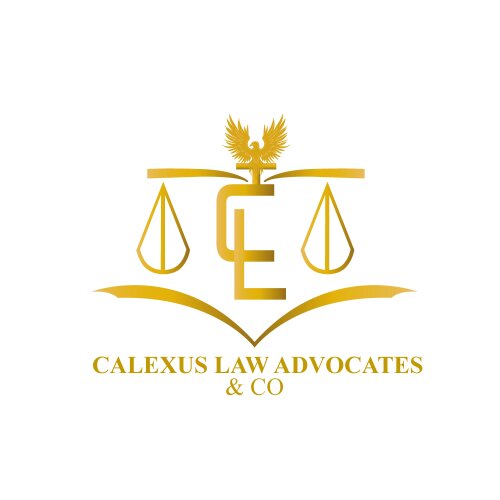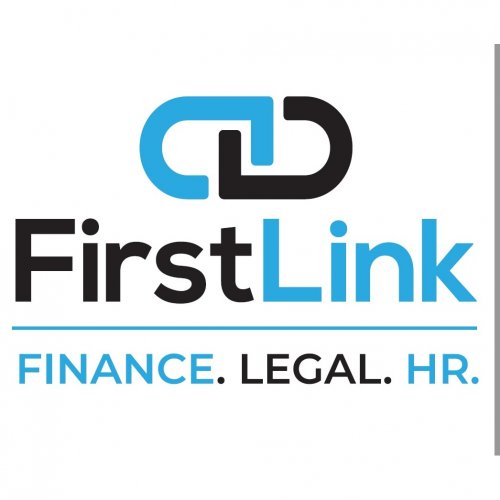Best Business Lawyers in Trinidad and Tobago
Share your needs with us, get contacted by law firms.
Free. Takes 2 min.
Or refine your search by selecting a city:
List of the best lawyers in Trinidad and Tobago
About Business Law in Trinidad and Tobago
Trinidad and Tobago, an island nation in the Caribbean, has a relatively robust economic environment compared to its regional peers. The country boasts a diverse economy with key sectors like energy, manufacturing, finance, agriculture, and tourism. Business law in Trinidad and Tobago encompasses a variety of legal areas including corporation law, contract law, employment law, and intellectual property law, designed to regulate the complex interactions within these sectors. Understanding the legal framework is crucial for anyone involved in business activities in this nation.
Why You May Need a Lawyer
Engaging a lawyer for business affairs in Trinidad and Tobago is advisable in several situations. Common scenarios include setting up a new business entity, drafting and reviewing contracts, handling employment disputes, navigating regulatory compliance, protecting intellectual property, and resolving commercial disputes. A business lawyer can provide guidance to ensure adherence to local laws and safeguard against legal pitfalls.
Local Laws Overview
Trinidad and Tobago's business legal framework consists of various statutes and regulations that can significantly impact business operations. Notable laws include the Companies Act, which governs the formation, management, and dissolution of companies; the Income Tax Act, concerning taxation obligations; and the Fair Trading Act, aimed at promoting competition and prohibiting anti-competitive business conduct. Understanding these laws, alongside industry-specific regulations, is vital for legal compliance and successful business operations.
Frequently Asked Questions
What are the key requirements for starting a business in Trinidad and Tobago?
To start a business, you must register your business name with the Companies Registry, obtain relevant licenses and permits, and comply with tax registration requirements.
How is corporate tax applied in Trinidad and Tobago?
Corporate tax is generally applied to the profits of a company operating within the country, with varying rates depending on the company’s structure and industry.
What employment laws should businesses be aware of?
Key employment laws include the Industrial Relations Act and the Employment Standards Act, detailing employee rights, employer obligations, minimum wage, and working conditions.
What is the process for resolving business disputes?
Business disputes can be resolved through negotiation, mediation, or arbitration. If necessary, parties may also seek resolution through the judicial system.
How can a business protect its intellectual property?
Intellectual property can be protected through registration of trademarks, patents, and copyrights with the relevant authorities in Trinidad and Tobago.
What are the implications of the Fair Trading Act?
The Fair Trading Act seeks to prevent anti-competitive practices, promote consumer welfare, and facilitate a competitive marketplace for businesses.
What is required for international companies investing in Trinidad and Tobago?
International companies must comply with local regulatory requirements, which may include registering as an external company and meeting investment approval criteria.
How do environmental regulations impact businesses?
Businesses must adhere to environmental regulations as stipulated by the Environmental Management Authority, ensuring sustainable and environmentally friendly operations.
What legal considerations are there for e-commerce in Trinidad and Tobago?
For e-commerce, businesses should consider data protection laws, consumer rights, electronic transactions legislation, and cybersecurity measures.
What is the importance of business continuity planning from a legal standpoint?
Business continuity planning, supported by legal advice, ensures the business can withstand disruptions and continue operations, protecting legal and contractual obligations.
Additional Resources
Several resources can provide invaluable legal insight and assistance. These include the Ministry of Legal Affairs for regulatory information, the Trinidad and Tobago Chamber of Industry and Commerce for business support, and legal practitioners specializing in business law. The local branches of professional organizations like the Law Association of Trinidad and Tobago may also offer directories of qualified business lawyers.
Next Steps
If you require legal assistance in the field of business in Trinidad and Tobago, consider the following steps: Identify the legal issue you are facing, gather relevant documentation, and consult with a qualified business lawyer to discuss your situation and explore potential solutions. Research local legal firms or contact professional associations for referrals. This preparation will facilitate a more efficient and informed legal consultation process.
Lawzana helps you find the best lawyers and law firms in Trinidad and Tobago through a curated and pre-screened list of qualified legal professionals. Our platform offers rankings and detailed profiles of attorneys and law firms, allowing you to compare based on practice areas, including Business, experience, and client feedback.
Each profile includes a description of the firm's areas of practice, client reviews, team members and partners, year of establishment, spoken languages, office locations, contact information, social media presence, and any published articles or resources. Most firms on our platform speak English and are experienced in both local and international legal matters.
Get a quote from top-rated law firms in Trinidad and Tobago — quickly, securely, and without unnecessary hassle.
Disclaimer:
The information provided on this page is for general informational purposes only and does not constitute legal advice. While we strive to ensure the accuracy and relevance of the content, legal information may change over time, and interpretations of the law can vary. You should always consult with a qualified legal professional for advice specific to your situation.
We disclaim all liability for actions taken or not taken based on the content of this page. If you believe any information is incorrect or outdated, please contact us, and we will review and update it where appropriate.
Browse business law firms by service in Trinidad and Tobago
Trinidad and Tobago Attorneys in related practice areas.
Browse business law firms by city in Trinidad and Tobago
Refine your search by selecting a city.















